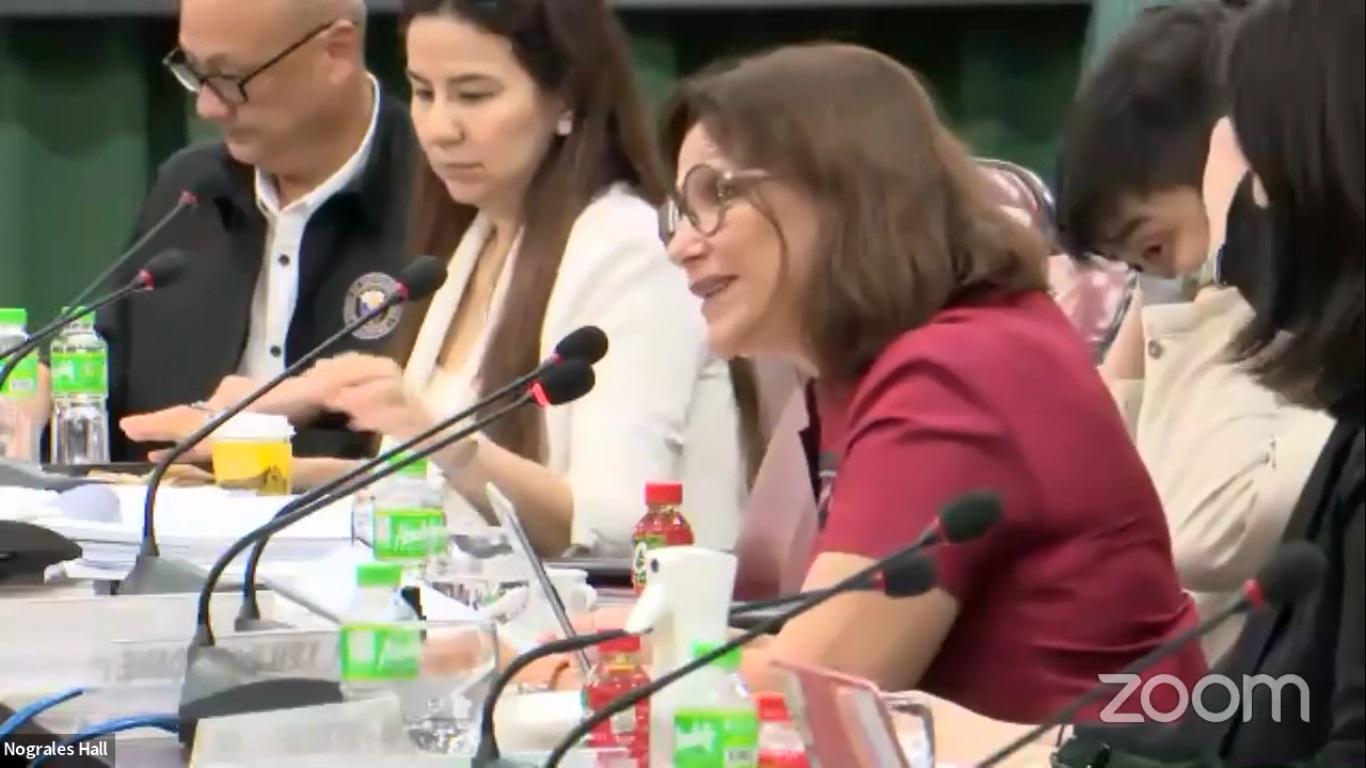UNFPA seeks comprehensive sexuality education for ages 5–19 to curb teen pregnancy

The United Nations’ sexual and reproductive health agency on Thursday urged comprehensive sexuality education for learners aged five to 19 in the Philippines as soon as possible, to stem pregnancies among girls as young as 10.
Dr. Leila Joudane, the Country Representative of the UN Population Fund (UNFPA) in the Philippines, made the call during a House youth and sports development committee hearing on measures to establish a national policy to prevent adolescent pregnancies and institutionalize social protections for teenage parents.
“The Philippines still has one of the highest adolescent birth rates among major economies in the Southeast Asian region. We need to recognize this, and this is a concerning trend because 59% of the adolescent births were fathered by an adult male aged 20 years old and above,” Joudane told lawmakers.
Joudane’s comments stemmed from Philippine government data showing that there were at least 2,000 pregnancies among Filipinos aged 10 to 14 in the period from 2020 to 2022—a troubling statistic that negates the reduction in pregnancies among 15- to 19-year-olds to 5.4% in 2022 from 8.5% in 2017.
“While the number of total adolescent childbirths is declining, the number of child births by mothers aged between 10 to 14 years old have shown a slight increase. Our number one recommendation is to accelerate the provision of comprehensive sexuality education (CSE) on children and adolescents,” she added.
The UNFPA official said that based on Philippine government records, only 1.1 million learners have been able to receive CSE as of January 2023.
“These 1.1 million learners only account for 3.4% of 32 million learners aged five to 19 who need to have access to CSE now,” Joudane stressed.
“We need to accelerate the provision of CSE for all children, without discrimination,” she added.
Joudane said there is also a need to ensure that adolescents have greater accessibility to sexual and reproductive health services, including family planning and contraceptives, even without parental consent.
She said that the country’s existing laws on testing for HIV allows adolescents to access testing without parental or a guardian’s consent, a policy that can be replicated for sexual and reproductive health services, including family planning and contraceptives.
“From government data, the unmet need for family planning is 27.9% among young women aged 15 to 19, higher than the national average of 16.7%. This shows that adolescents aged 15 to 19 are in need of family planning, are requesting for family planning, but cannot have access to family planning,” she pointed out.
This translates to a maternal mortality rate of 102 per 100,000 live births in the 15–19 age group, she added.
“This mortality rate among 15- to 19-year-olds is contributing to the country’s high maternal mortality rate,” she said.
“Based on data, lowering the age when one can receive sexual and reproductive health services, including family planning without parental consent, starting at 15 years old will make a significant difference,” she said.
“We need an adolescent-friendly environment so they can find help and have proper information on how to protect themselves from unintended pregnancies and, if they are already pregnant, to prevent repeated pregnancy [at a young age],” she added.
Joudane also noted that global research showed that increased access to contraceptives does not make adolescents engage in sex more than they should.
“Globally, there is no evidence that increased access to contraceptives makes adolescents more sexually active. Global research has in fact proven that abstinence as the only approach is not effective, and abstinence combined with sexual education wherein they would have proper access to information about contraceptive use is more successful,” she said.
“That is why it is important to accelerate the CSE so that adolescents will have the correct information which would allow them to have informed and responsible decisions,” she added.
In addition, the UNFPA official said there should also be programs focused on men and young boys, as well as alloting 10% of budget for the youth councils in addressing teenage pregnancies.
Albay Representative Edcel Lagman, one of the principal authors of the Responsible Parenthood and Reproductive Health law, backed Joudane in pushing for the pending House bills aimed at reducing, if not eradicating teenage pregnancy.
“Adolescent mothers should be fixtures of the past. But until today, teenage mothers still abound. Let me also emphasize that the highest rate of maternal mortality is accounted for by adolescent pregnancies and childbirths,” Lagman said.
“All of the seven bills address the serious problem of adolescent pregnancy which has been documented as a national social emergency,” Lagman added. — BM, GMA Integrated News



